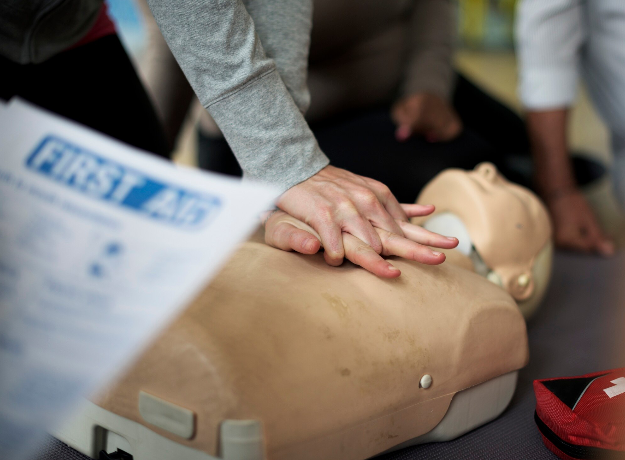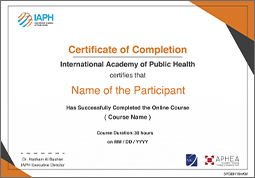Non-Communicable Diseases (NCDs) in Emergencies for Health Care Providers
Description
This course, Non-Communicable Diseases (NCDs) in Emergencies for Health Care Providers, equips frontline health professionals with the knowledge and practical skills needed to address the growing burden of NCDs in emergency settings. Over two to three weeks of self-paced learning followed by a two-day in-person workshop, participants will explore the challenges of managing NCDs such as cardiovascular diseases, diabetes, and cancer during crises, and learn to implement context-appropriate strategies for screening, prevention, and continuity of care in resource-limited environments. Through interactive modules, real-world case studies, and practical assessments, the course empowers healthcare providers to deliver effective, life-sustaining NCD care across all phases of emergencies. Upon completion, participants will be able to respond more effectively to NCD-related needs in humanitarian contexts while earning a certificate of completion.
Learning Outcomes
Learning Objectives
By the end of this session, the participants will be able to:
• Understand the burden of non-communicable diseases (NCDs) in emergencies.
• Recognize the challenges in managing NCDs during crises.
• Identify strategies for screening, prevention, and management of NCDs in resource-limited, emergency settings.
• Enhance skills for providing NCD care in various phases of emergencies.
The order of the online sessions
1. Introduction to Non-Communicable Diseases
2. NCDs in Emergencies
3. Epidemiology of NCDs and Global Burden of Diseases
4. NCDs Risk Factors
5. Data Collection in Challenging Conditions
6. WHO STEP wise approach to Risk Factor Surveillance (STEPS) Session
7. Continuity of Care for Chronic NCDs
8. Resource Allocation and Triage
9. Addressing Supply Disruptions
10. Evidence-based mental health and psychosocial interventions in complex emergencies
11. Conceptual framework for NCDs prevention
12. Approaches for Prevention and Control of NCDs
13. Designing Health Promotion Interventions and Putting Health Promotion Evidence Into Practice
14. NCDs Surveillance Systems and Indicators
15. CDC framework to evaluate a public health program


Certificate

